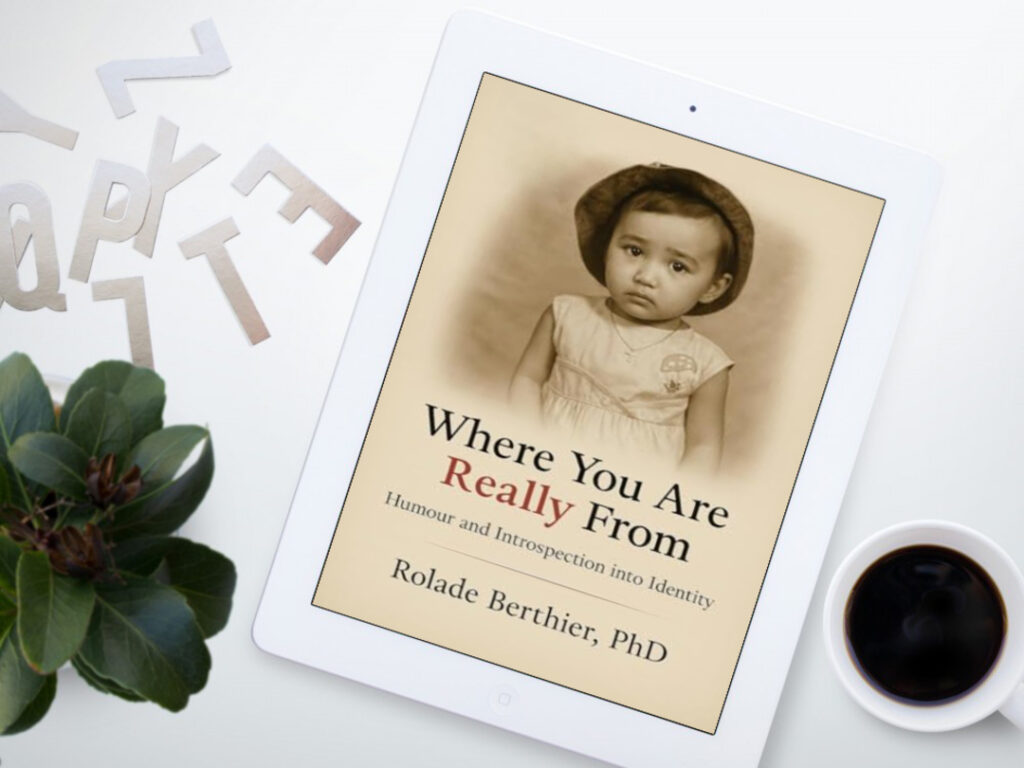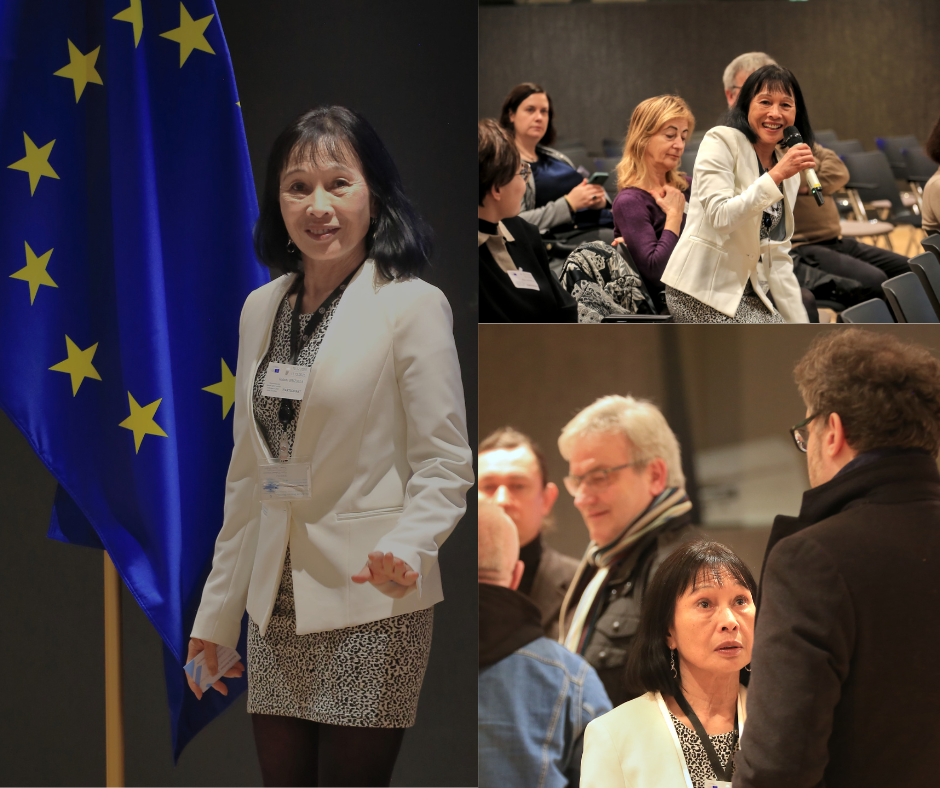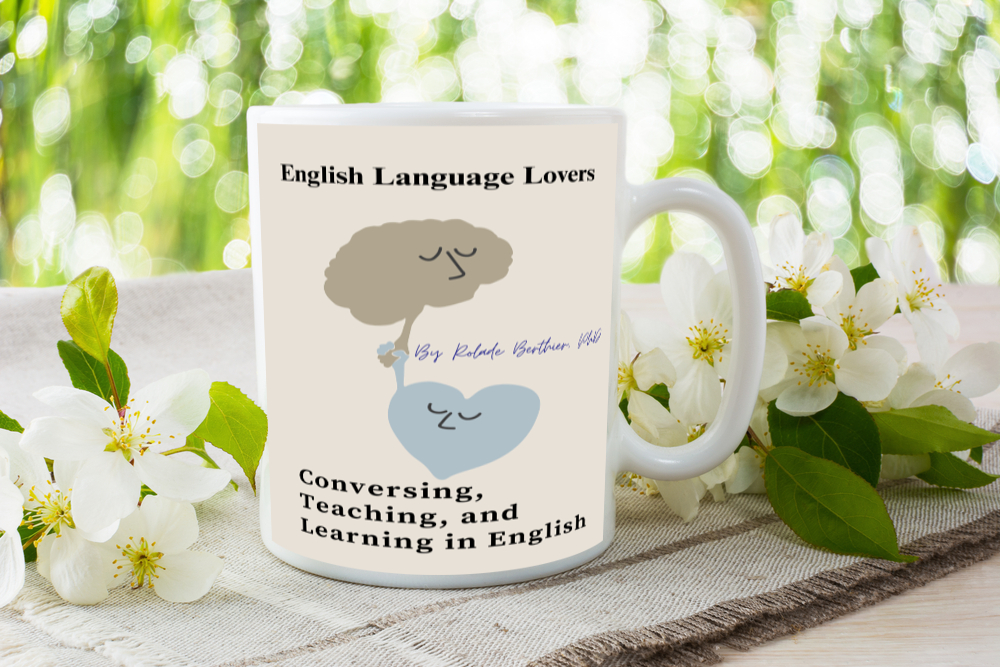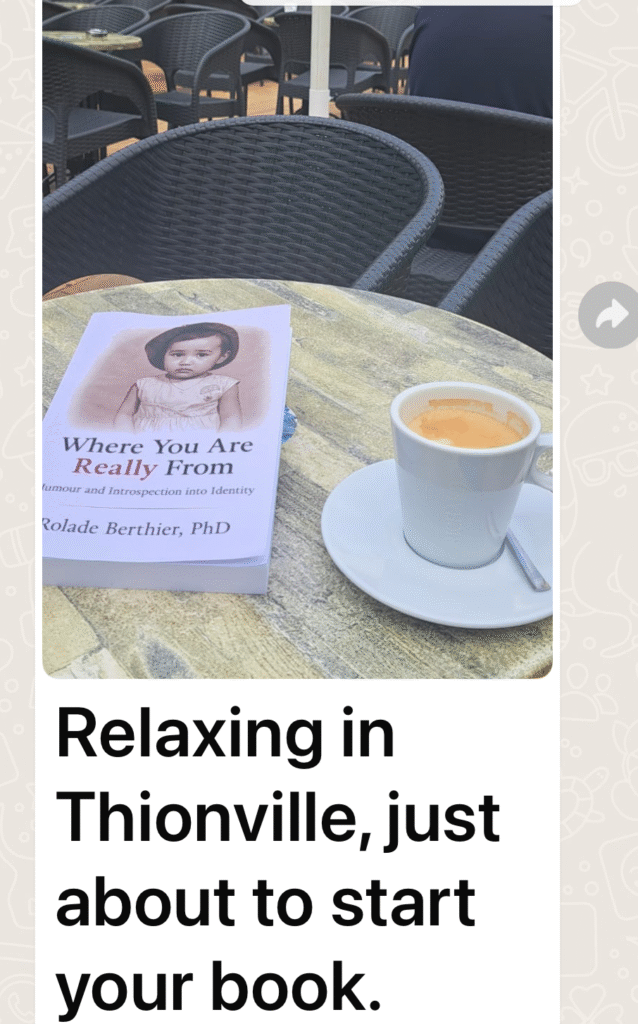I thought about what I had done in 2025. The list was long and varied: experimenting with new recipes, perfecting the art of complaint letters, supporting people in their noble battles against unfairness, and bravely wrestling with scammers. I even sold some copies of Where You Are Really From and started daily Tai Chi. There were grand and gloriously small accomplishments; I could write a book about them. However, in the interest of restraint and humility, I’ve decided to focus on just one thing — the latest public event I participated in 2025.
On 15 December, I attended the conference on democracy and human rights at the European Parliament in Luxembourg. There were six speakers; but, for now, I’ll focus on “Russians at home and abroad between real responsibility and imposed guilt” by Dr Andréy Kordochkin.
Dr Kordochkin is a Russian-born Orthodox Christian priest and theologian. He studied in the UK, including at the University of Oxford, and served for almost 20 years as dean of the Russian Orthodox Cathedral of St. Mary Magdalene in Madrid, where he ministered to Ukrainian refugees and members of diverse communities. At the conference, he explained his departure from this post: “… – a position which I had to leave in 2023 due to my continuous public opposition to the Russian civil and ecclesiastical authorities. Since then, my life has been divided between Germany where I do academic research, dedicated to the religious dimensions of the Russian ideology, and Netherlands, where I serve a community of the Ecumenical Patriarchate in Tilburg. I am not a political emigrant, but I strongly identify myself with their cases, not being able to visit my country – or, better to say, the journey is possible, but is likely to be one-way”.
In Dr Kordochkin’s speech last December, he said, “No country is immune from falling into the pit of dictatorship, militarism, primacy of force and political narcissism. This is not history, this is today’s agenda where we thought the pillars of democracy were. There have been ways in, and there have been ways out. This gives hope, but also imposes responsibility”.
Conference papers are available on https://luxeureka.lu/luxeureka-held-its-first-conference-at-the-european-parliament/
This year, I have 365 fresh opportunities to create something extraordinary. My resolution? To embrace kindness toward myself and everyone around me and to live with a little more sparkle. What about you? Any resolutions or intentions for 2026?

I wish you all a 2026 filled with peace, good health, and joy.








